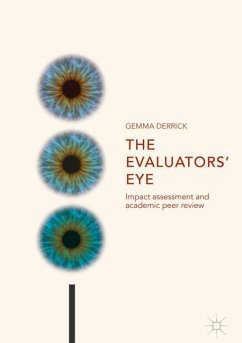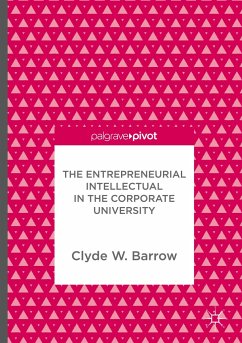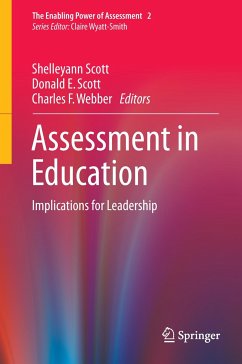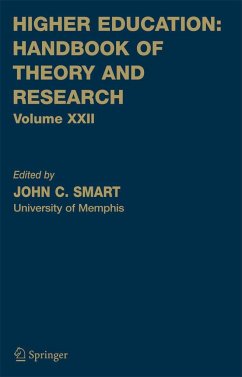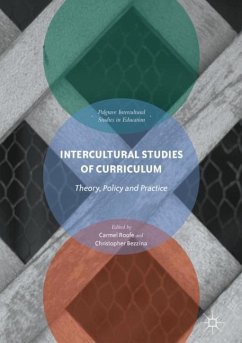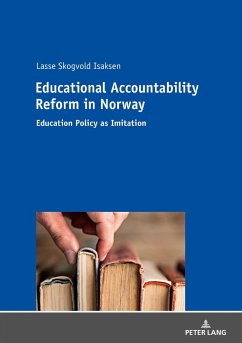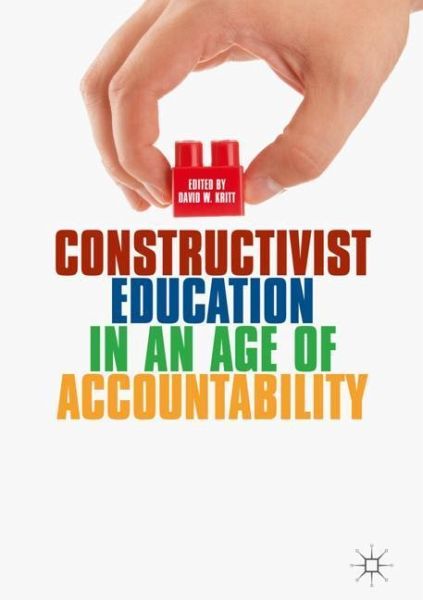
Constructivist Education in an Age of Accountability

PAYBACK Punkte
38 °P sammeln!
This book contrasts authentic approaches to education with classroom practices based primarily on standards external to the individuals who are supposed to learn. While other books tend to promote either a desperate scramble for meeting standards or determined resistance to neoliberal reforms, this book fills that gap in ways that will inspire practitioners, prospective teachers, and teacher educators. Mandates pay only lip service to constructivist and social constructivist principles while thwarting the value of both students and teachers actively creating understandings. Authors in this boo...
This book contrasts authentic approaches to education with classroom practices based primarily on standards external to the individuals who are supposed to learn. While other books tend to promote either a desperate scramble for meeting standards or determined resistance to neoliberal reforms, this book fills that gap in ways that will inspire practitioners, prospective teachers, and teacher educators. Mandates pay only lip service to constructivist and social constructivist principles while thwarting the value of both students and teachers actively creating understandings. Authors in this book assert the central importance of a range of constructivist approaches to teaching, learning, and thinking, inviting careful reflection on the goals and values of education.




